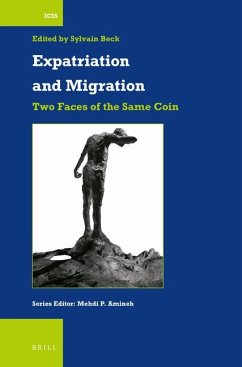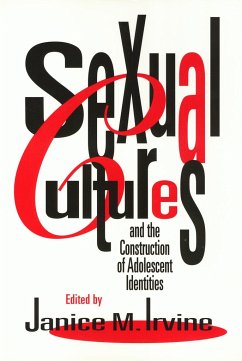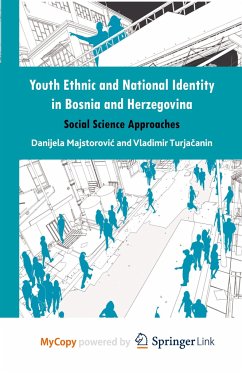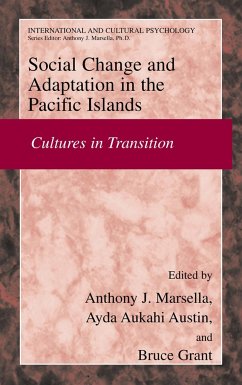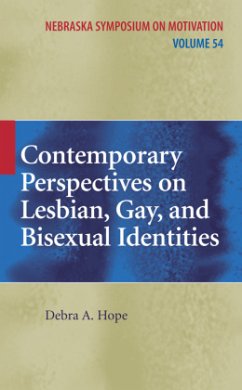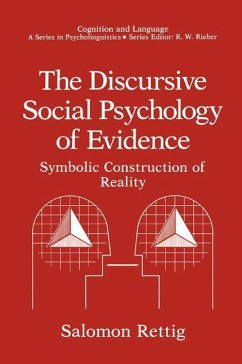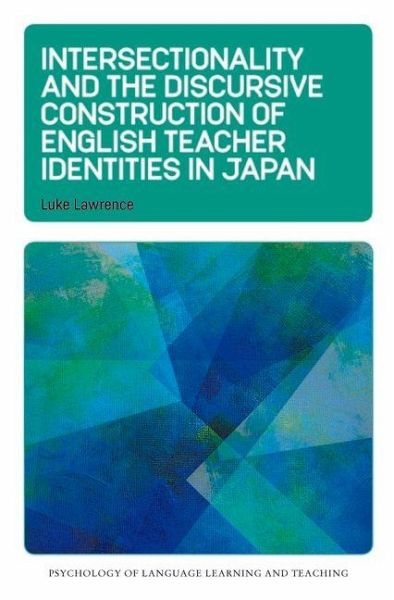
Intersectionality and the Discursive Construction of English Teacher Identities in Japan
An impressive work, both methodologically and theoretically, which brings clear novelties to the flourishing field of language teacher identity research. This book aims to disrupt the native-speaker/non-native-speaker binary through a study of the construction of English teacher identities in Japan. The book suggests that macro discourses in the Japanese context, as well as institutional processes, are powerful forces in perpetuating native-speakerist discourses and ascribing identity labels. However, in self-identification and in interactions with students, the results are found to be more nu...
An impressive work, both methodologically and theoretically, which brings clear novelties to the flourishing field of language teacher identity research. This book aims to disrupt the native-speaker/non-native-speaker binary through a study of the construction of English teacher identities in Japan. The book suggests that macro discourses in the Japanese context, as well as institutional processes, are powerful forces in perpetuating native-speakerist discourses and ascribing identity labels. However, in self-identification and in interactions with students, the results are found to be more nuanced, with a complex picture of identity construction emerging that questions the binary nature of the "native speaker/non-native speaker" duality. This complexity rests on the intersectional nature of identity construction and highlights the importance of taking into account the intersectionality of a variety of identity markers when researching language teacher identity.





